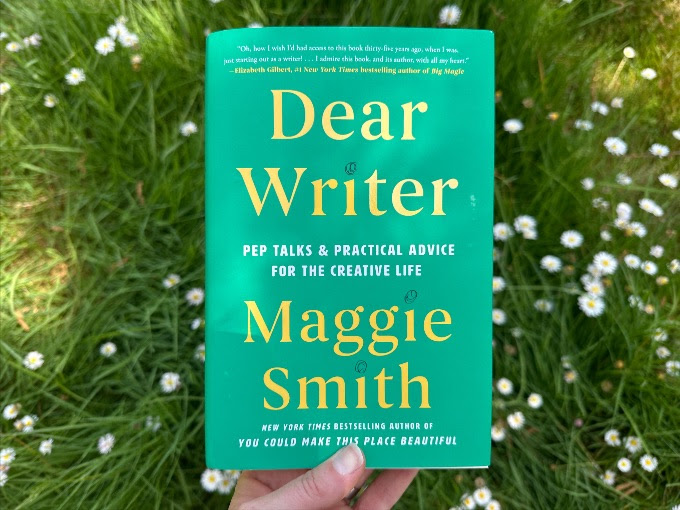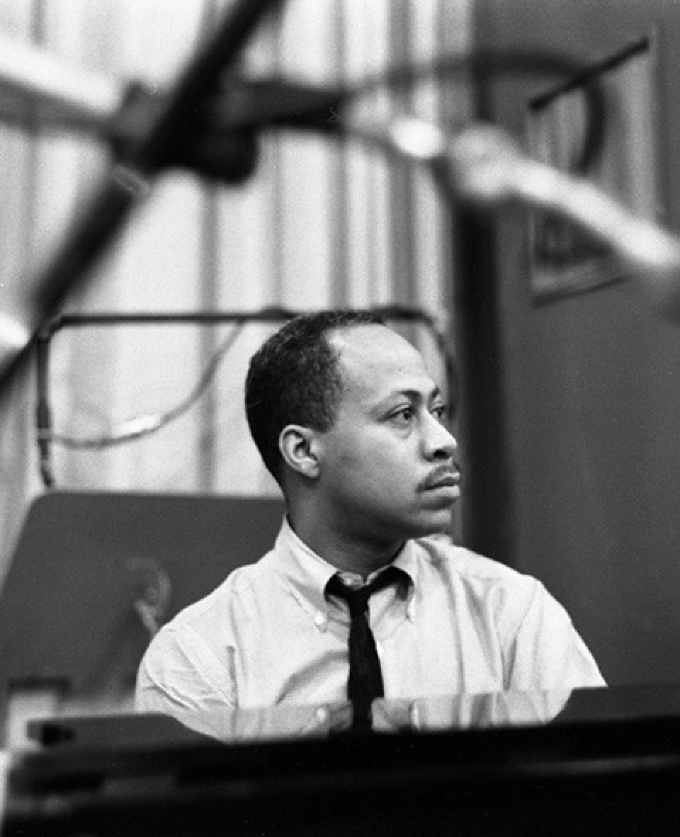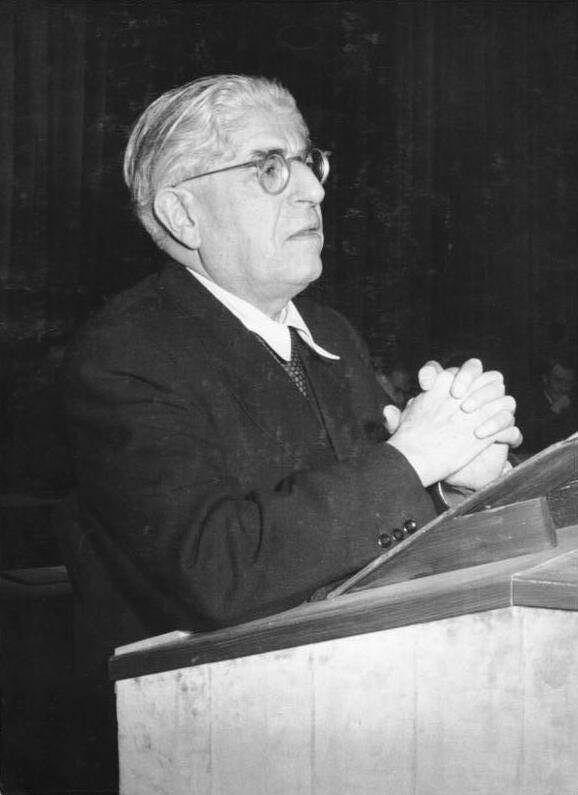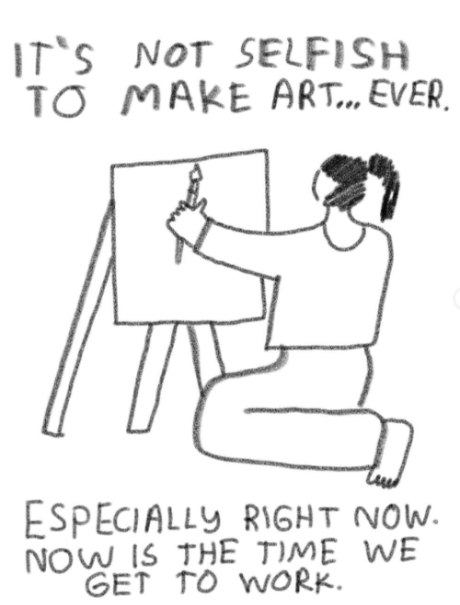July 19, 2024
Learning
What does it mean to hope in our fragile and fraught world?
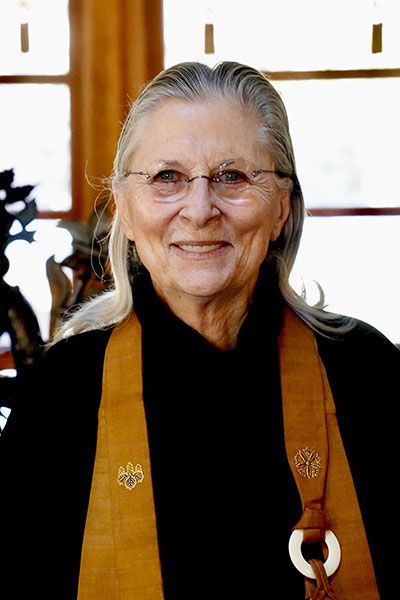
Roshi Joan Halifax, Ph.D., Buddhist teacher, Zen priest, anthropologist and pioneer in the field of end-of-life care, says that ""it really doesn’t serve anyone to peddle futility. Ultimately, despair and futility are not viable options in our world today"".
""You and I know that ordinary hope is based in wanting an outcome that could well be different from what might actually happen.
""...If we look deeply, we realize that anyone who is conventionally hopeful has an expectation that always hovers in the background, the shadow of fear that one’s wishes will not be fulfilled...Ordinary hope then is a form of suffering, and this kind of hope is a partner with dread.
""Wise hope, I have learned, is unprescribed, spontaneous, and can’t be attached to an outcome. It is a response of imagination so free that one has no idea of where it comes from and where it will lead and land.
""...Thus, wise hope is not the belief that everything will turn out well. But rather that we find ourselves responding from the groundlessness of possibility.
""Optimists imagine that everything will turn out positively. This point of view is dangerous; being an optimist means one doesn’t have to bother; one doesn’t have to act.
""Also, if things don’t turn out well, cynicism or futility can follow. And, as we might expect, optimists are excused from engagement. And this is really an important point.
""I need to ask: Can we be seized by wise hope? I hope so."" - Joan Halifax
Article: Understanding Wise Hope
Hope
